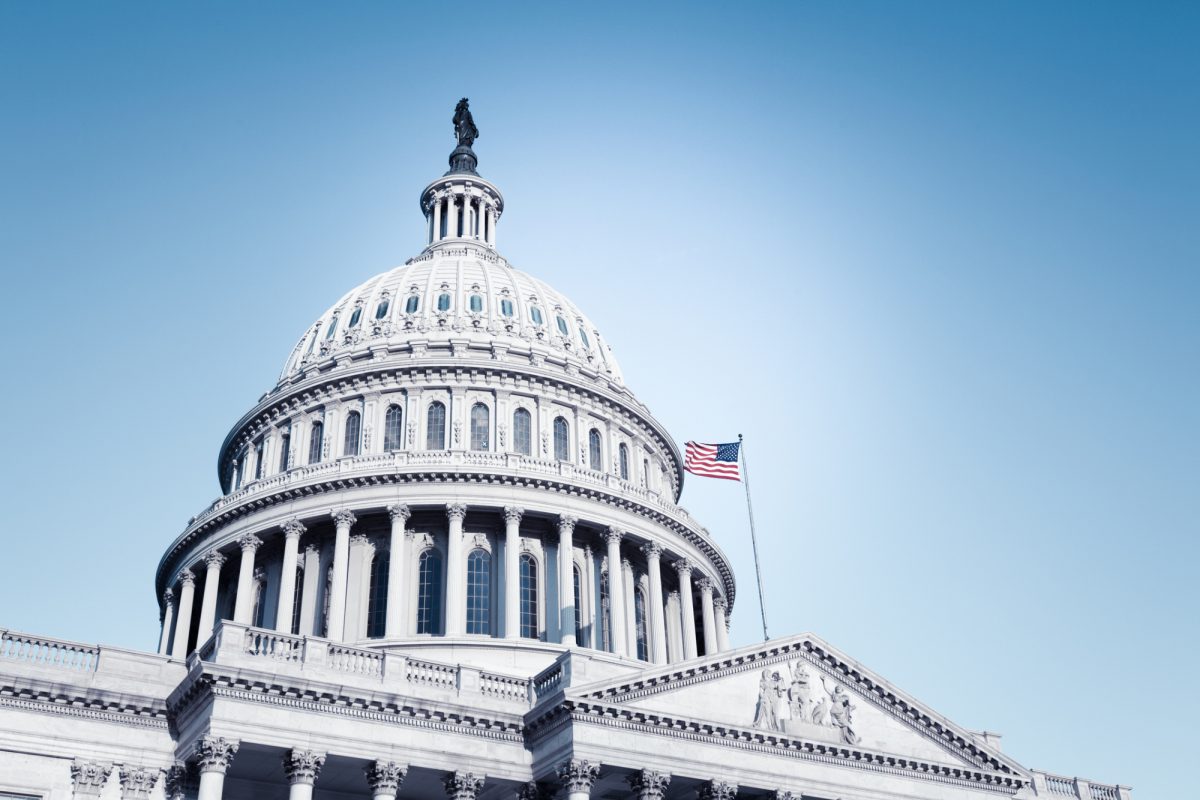
Trump’s populist policies and the Triffin dilemma
The perceived safety of US dollar assets could be marred by Trump’s populist policies in his second presidency.
- America faces a modern-era Triffin dilemma between satisfying the increasing demand for safe US dollar assets by the rest of the world and maintaining their safety.
- Trump’s populist policies could harm the perceived safety of US dollar assets, as they could lead to higher inflation and larger fiscal deficits.
- While foreign investors could demand a higher risk premium for holding US dollar assets, the likelihood of a major international selloff still seems remote.
Donald Trump’s second presidency is expected to bring populist policies that may further abuse America’s exorbitant privilege. These policies could lead to higher inflation and larger fiscal deficits, thereby stretching the modern-day Triffin dilemma, a conflict that reserve currencies face between short-term domestic monetary policy goals and fulfilling other countries’ needs for safe assets. As a response to these policies, foreign investors could start demanding a higher risk premium for holding US dollar assets, which would likely translate into higher US interest rates, according to Nomura analysis.
America’s exorbitant privilege
America has maintained its special hegemonic position in the international monetary and financial system via the US dollar’s role as the global reserve currency since it displaced the British pound in the 1920s. America’s capital markets are the world’s deepest and most liquid, and its liberalized financial system makes it easy for foreign investors to purchase and sell US dollar assets. Foreigners regard the US dollar as a safe store of value because of trust in America’s rule of law and ability to fulfill its special responsibility for the smooth management of the international monetary system, including through the Fed’s swap lines that aid foreign central banks with USD liquidity during times of severe financial distress. Dollar assets comprise 58% of global FX reserves, and half of world debt and foreign trade invoices are denominated in US dollars.
In the 1960s, the French finance minister, Valery Giscard d’Estaing, coined the phrase “exorbitant privilege” to describe the benefits accruing to America from having the world’s reserve currency. They include a lower cost of borrowing for the US government, no exchange rate risk on US external liabilities, reduced cost of imports for American consumers, and a minimized risk of a US balance of payments crisis. Also, the currency’s ubiquity gives America power over the global financial system, particularly in the form of financial sanctions.
The Triffin dilemma
The persistent global demand for safe US dollar assets feeds America’s exorbitant privilege, but the quid pro quo is America must let capital flow freely across its borders and readily absorb the savings and current account deficits in other countries. In 1959, Robert Triffin predicted that the nascent USD-gold standard was unsustainable because of an insurmountable dilemma: if America stopped providing other countries with US dollars, global trade would stagnate, tipping the world into a contractionary spiral. But if it continued, America’s foreign liabilities would exceed its gold stock, eroding confidence and eventually leading to a run on US gold. Herein lies the Triffin dilemma.
America still faces a modern-era Triffin dilemma between satisfying the increasing demand for safe US dollar assets by the rest of the world and maintaining their safety. However, as the US share in world GDP continues to trend down and the global financial wealth outside the US continues to expand, will America’s USD assets still be deemed safe? Highlighting this challenge is the widening gulf between US international financial liabilities and assets.
America’s abuse of its exorbitant privilege
There are signs that can harm the perceived safety of USD assets should America’s exorbitant privilege be exploited too far:
- The global savings glut: America in the past has accommodated other countries to run current account surpluses. It has also encouraged foreign central banks to purchase USD and build up precautionary FX reserves to guard against the risk of capital flight, and for large commodity exporters to recycle their current account surpluses into safe USD assets. All of this contributes to US current account deficits, which Trump plans to address through higher tariffs.
- Waning US fiscal discipline: Strong global demand for safe USD assets can exert downward pressure on US bond yields, or at least allows the US to get away with less fiscal discipline than other countries. America can also exercise its exorbitant privilege at times of crisis because the global flight to liquid USD assets gives it more capacity to loosen its macroeconomic policies than other countries, but this comes at the cost of adding more debt and breeding moral hazard in the US financial markets. America has also been increasing financial sanctions against its foes.
- Trump’s America First policies: By default, the rest of the world comes last in Trump’s America First policies, heightening the risk of America abusing its exorbitant privilege, and amplifying the modern-day Triffin dilemma. Trump’s election victory has awarded him a powerful mandate to overhaul America with populist policies: punitive tariffs, a crackdown on immigration, fiscal largesse, and possibly a confrontational, transactional foreign policy that has little regard for the post-World War II rules-based international system. Trump’s populist policies are likely to lead to higher inflation and larger fiscal deficits. If attempts are made to suppress inflation through fiscal subsidies and price controls, the outcome would be even larger fiscal deficits.
The difficulty of dethroning the USD
There is nothing sacrosanct about the safety of USD assets. If the modern-day Triffin dilemma continues to stretch, we believe foreign investors could, in coming years, start demanding a higher risk premium for holding USD assets, which would translate into higher US interest rates.
The chance of a major international selloff of USD assets still seems remote for three main reasons. First, America is starting from a position of strength in terms of its military might and economic exceptionalism relative to the rest of the world. Second, the Fed operates from a place of ironclad monetary policy independence. Lastly, there is still no viable alternative global reserve currency to the US dollar.
For more on our economic insights, read our full report.
Contributor

Rob Subbaraman
Head of Global Macro Research

Yiru Chen
Macroeconomic Research Analyst
Disclaimer
This content has been prepared by Nomura solely for information purposes, and is not an offer to buy or sell or provide (as the case may be) or a solicitation of an offer to buy or sell or enter into any agreement with respect to any security, product, service (including but not limited to investment advisory services) or investment. The opinions expressed in the content do not constitute investment advice and independent advice should be sought where appropriate.The content contains general information only and does not take into account the individual objectives, financial situation or needs of a person. All information, opinions and estimates expressed in the content are current as of the date of publication, are subject to change without notice, and may become outdated over time. To the extent that any materials or investment services on or referred to in the content are construed to be regulated activities under the local laws of any jurisdiction and are made available to persons resident in such jurisdiction, they shall only be made available through appropriately licenced Nomura entities in that jurisdiction or otherwise through Nomura entities that are exempt from applicable licensing and regulatory requirements in that jurisdiction. For more information please go to https://www.nomuraholdings.com/policy/terms.html.


